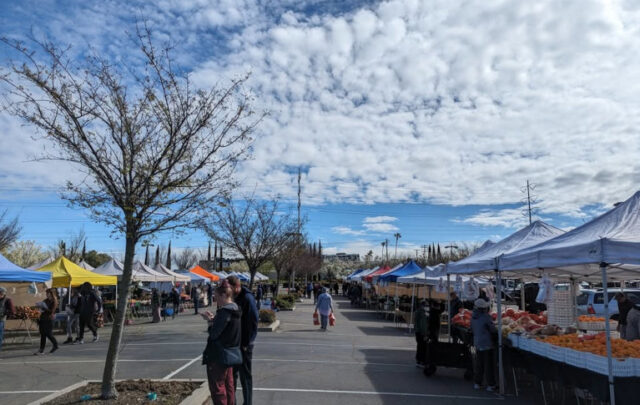Ed. note: This is a response by Richard Smith to Saral Sarkar’s commentary on Richard’s original article Climate Crisis and Managed Deindustrialization: Debating Alternatives published on Resilience.org here.
Saral misreads my statement. He says
“Richard writes, “Capitalism, not population is the main driver of planetary ecological collapse … .”. It sounds like an echo of statements from old-Marxist-socialism. It is not serious. Is Richard telling us that, while we are fighting a long-drawn-out battle against capitalism in order to overcome it, we can allow the population to continuously grow without risking any further destruction of the environment? Should we then think that a world population of ten billion by 2050 would not be any problem?”
By emphasizing population in bold italics he distorts my meaning. What I said was that “Capitalism, not population is the main driver of planetary collapse. . . ” — that is, the MAIN driver, not the ONLY driver. Though I’ve never written about this topic at length, I’ve never claimed that population growth is no problem at all. Saral’s right that some Marxists claim that the whole problem is capitalism, that there is no population problem, that the human population could grow more or less forever. They’re mostly responding to Malthusians who contend that overpopulation is the whole problem, not capitalism. I understand where they’re coming from. But both approaches seem simplistic to me. Of course overpopulation is a problem, a huge problem. Look around. I live in one of the most crowded pieces of real-estate in the world, in the middle of Manhattan. Sometimes the sidewalks are so full I have to walk along on the street to get by the crowds of people. By any rational measure there are just way too many people here. There are way too many people in Holland, also one of the most densely populated countries. The only way they’ve managed is to build ever-higher dykes. But in the end that will be a losing strategy. There are 163,000,000 million people living in Bangladesh — half the population of the United States — all crowded on a land area the size of the state of Illinois. How crazy is that? How could that ever be sustainable? Is there room for anything else to live there except people? I suppose, if we really wanted to, we could level the last forests, fish out the last fish, turn the whole planet into a farm/ranch and thus feed another few billion people. But why? Do we really want to live in a world of wall-to-wall people with no room for other life forms except the ones we eat? What kind of dystopian world would that be? Saral’s right about that: an endlessly growing population is not sustainable, even if they live like peasants.
That said, overpopulation is not, in my view, the main driver of planetary collapse today. The main driver is capitalism. The human population has roughly tripled since WWII. But our consumption of resources has multiplied many many times greater than population growth: We use something like 6 times as much steel as in 1950, 15 times as much aluminum, thousands of times more plastic and on and on. That ravenous overconsumption of resources, and its associated pollution, is overwhelmingly driven by the requirements of capitalist reproduction, the ceaseless invention of new needs and so on, not by human reproduction. Yes we need to reduce the human population, if only to give other life forms some space and resources. But there are easy ways to do so without using force like the Chinese government. Instead of building grandiose blingfrastructure and space shots to glorify the Communist Party, China’s so-called communists could have prevented their current overpopulation problem if they had spent that money on providing adequate old age pensions and social security so that peasant farmers don’t have to raise multiple kids in the hopes that one or two will live to support them in their old age. Amazingly, this is still the “social security sytem” for hundreds of millions of Chinese.
So overpopulation is a real problem. But if we don’t overthrow capitalism, Mother Nature is going to solve the overpopulation problem in a hurry, but in a most unpleasant manner. That’s why I don’t concern myself much with the population problem. I don’t mean to ignore it. But I think its very much a secondary driver compared to capitalism.





